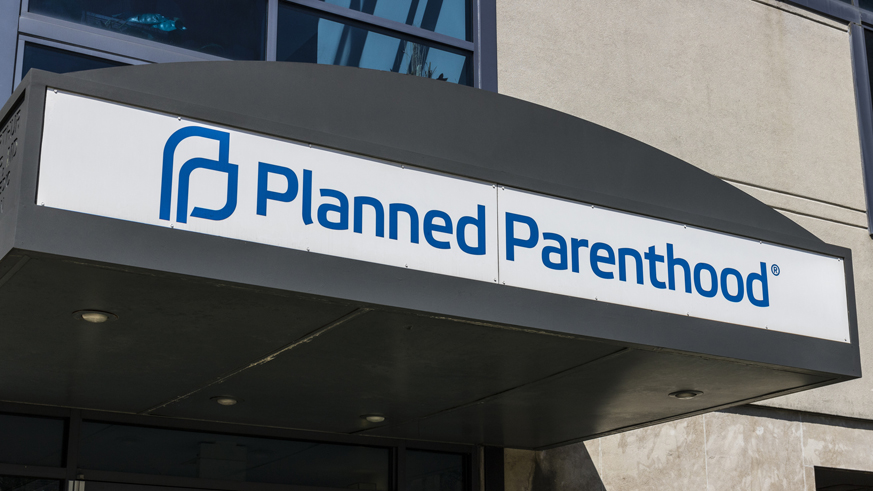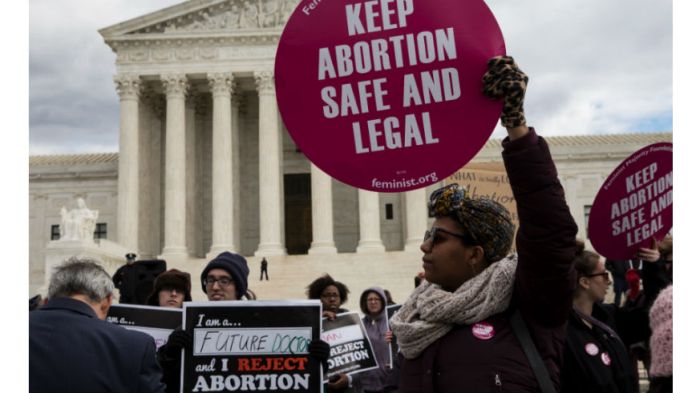“We will not allow people of faith to be targeted, bullied or silenced anymore.”
This proclamation was made by President Donald Trump earlier this year. A bold promise directed toward the god-fearing Republican base that was partly responsible for ushering him into the White House. On Friday, October 6th, he made good on this promise and announced that he would be rolling back one of President Obama’s mandates protecting contraceptive coverage included in the Affordable Care Act (ACA). Under Trump’s new plan, businesses will be able to opt out of providing coverage for birth control to female employees if they believe it goes against their religious beliefs. It’s basically a more aggressive version of the Burwell Vs. Hobby Lobby decision of 2014 that ruled in favor of for-profit corporations to be exempt from regulations that they are morally opposed to. Of course, this decision is being met with both praise from his loyal base and a considerable amount of backlash from his critics.
In a statement released by the President of Planned Parenthood Federation of America Cecile Richards, she wrote “the Trump administration just took direct aim at birth control coverage for 62 million women,” adding “This is an unacceptable attack on basic health care that the vast majority of women rely on. With this rule in place, any employer could decide that their employees no longer have health insurance coverage for birth control.”
So how exactly will this decision affect you if your employer chooses to take away coverage? I spoke with Lauren Cross, press officer for Planned Parenthood, to see if she could shed some light into how the rollback of this mandate will impact women in the workplace. “When it comes down to it, it’s being called a religious rule but it doesn’t have anything to do with religion,” says Cross, “previously even if an employer had a religious objection to birth control, the ACA would still ensure that employees would have birth control coverage through other means. What this specific rule does is that it eliminates that extra protection that was under the ACA for all companies.”
Trump’s administration has had Planned Parenthood in its crosshairs since day one, but what he hadn’t counted on was the groundswell of supporters coming out to the organization’s defense. Since the election, Planned Parenthood has seen 700,000 new individual donors and as Cross tells us, they can use all of the help they can get. “This administration is taking every opportunity to attack women’s rights and specifically women’s health,” she explains, “judging on who is in HHS now and who is in the Trump administration we don’t see that changing anytime soon so our supporters are going to have to continue to be out there and make their presence known.”
Over 50% of women who use birth control use it for reasons other than preventing pregnancy such as reducing menstrual cramps and lightening of periods. On top of that, our country is seeing a major decrease in unplanned pregnancies. So, isn’t it time that we also view birth control for what it is: necessary health care? According to Cross, the positive correlations between birth control and women’s health should not be downplayed by this administration. “We’re at a 40 year low of unintended pregnancies and a lot of that is due to increased access to birth control,” she says, “if your goal is really to reduce the rate of unintended pregnancies and abortion, then you should be investing in women’s health and preventative care.”

























